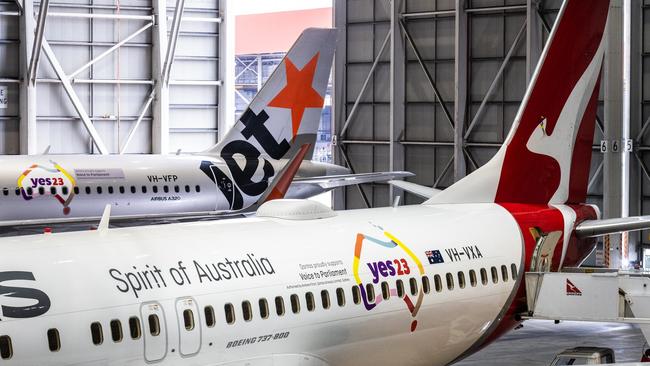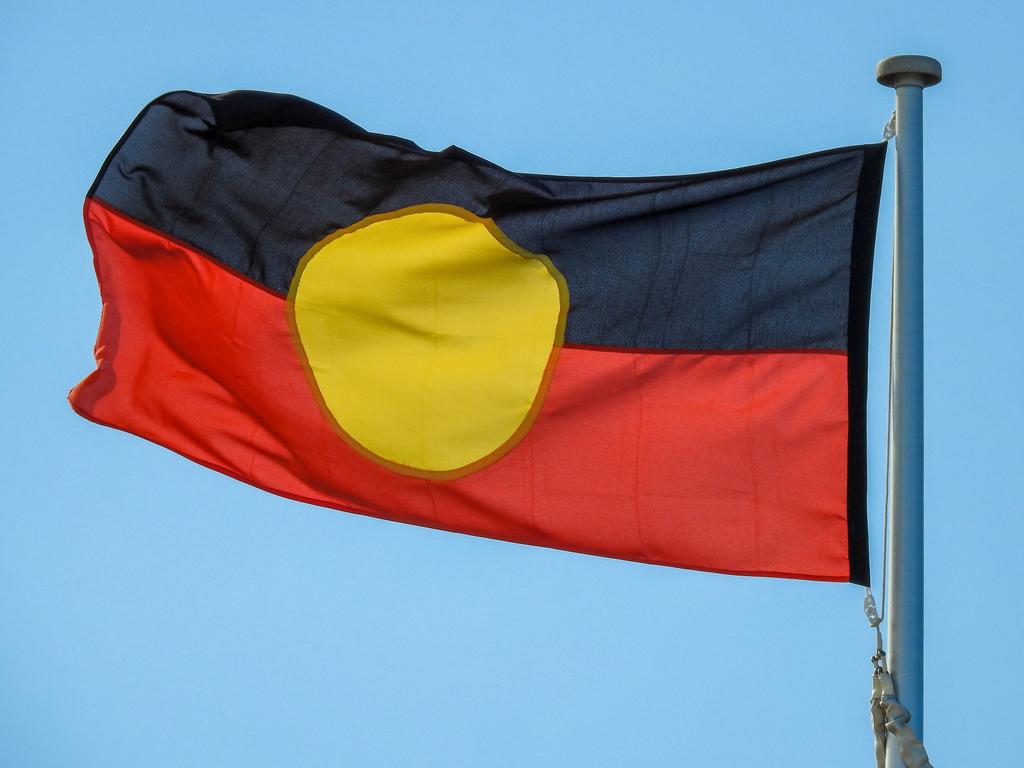Who got $17m ‘dark money’ in voice campaign?
New analysis of $17 million in donations of unknown origin - so-called Dark Money - shows much more went to organisations associated with the No campaign.

Around $17m of the total $80m received by campaign entities during the voice to parliament campaign is of unknown origin – so-called “dark money - which mainly flowed to the No campaign, an analysis by The Australian has revealed.
The new analysis shows that of this $17m, $10m went to entities associated with the No campaign and $7m to the Yes campaign.
These were likely from small-scale donors since donors only needed to declare if they donated more than $15,200 between 11 March to 14 October 2023.
This comes amid ongoing conversations in Canberra about reform to electoral financial disclosure rules, with some suggesting that the threshold for declaration should be lower.
Conservative political group Advance, which spearheaded parts of the No campaign, said this demonstrates that the referendum was a “David and Goliath battle”.
“These disclosures have proved what we’ve been saying from day one,” a spokesperson for the group told The Australian.
“The divisive Voice referendum was a David and Goliath battle that pitted billion dollar corporate elites and well-funded activists against mainstream Australians.
“Unlike the Yes campaign, we were funded by ordinary people – the families and farmers of Australia.”
On the other hand, crossbench senator David Pocock – who is one among a number of crossbenchers who have been agitating for reform – said the data reinforced the need for reform.
“Electoral reform is long overdue in Australia,” he said.
“People want more transparency and to not have to wait half a year to know who funded election campaigns.
“There is far too much money funding that we have no idea who it comes from. Reform needs to deal with this lack of transparency to strengthen our democracy.”
Further analysis shows that the large vs. small trend between Yes and No donors continues to play out among the declared donors as well.
For example, the largest single donor group to Yes campaign organisations were publicly traded companies, with the likes of ANZ, Woodside, and Westpac collectively donating $21m to Yes-associated campaign entities while donating none to No campaign organisations. The second largest donor group was charities, ranging from philanthropic organisations as large as the Paul Ramsay Foundation to smaller charitable family trusts.
On the other hand, the largest single donor group to No campaign organisations were private individuals, followed by privately held companies.
The median Yes donor – in this >$15,400 group – contributed $100,000 to campaign organisations while the median No donor in the same group contributed $40,000.






To join the conversation, please log in. Don't have an account? Register
Join the conversation, you are commenting as Logout